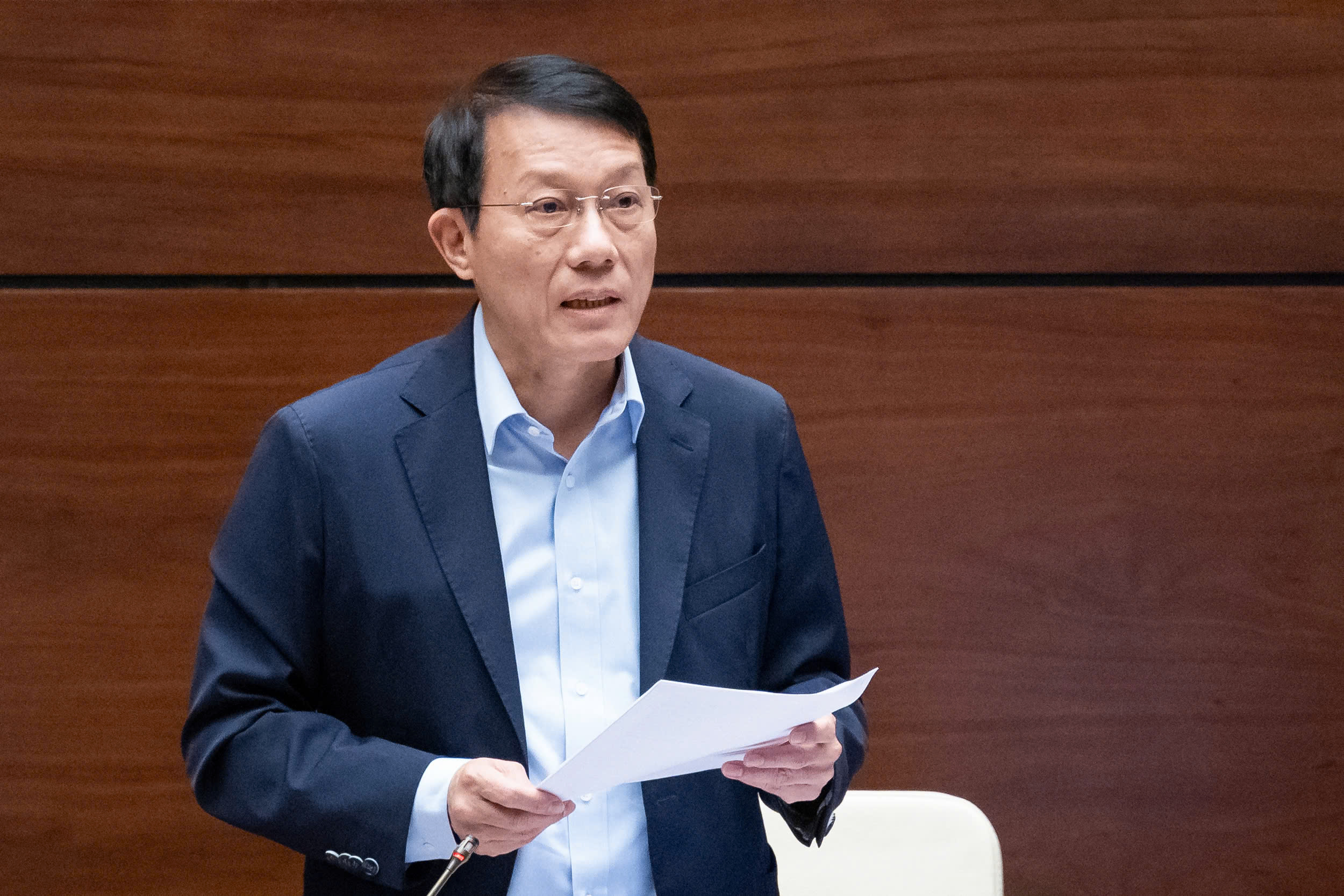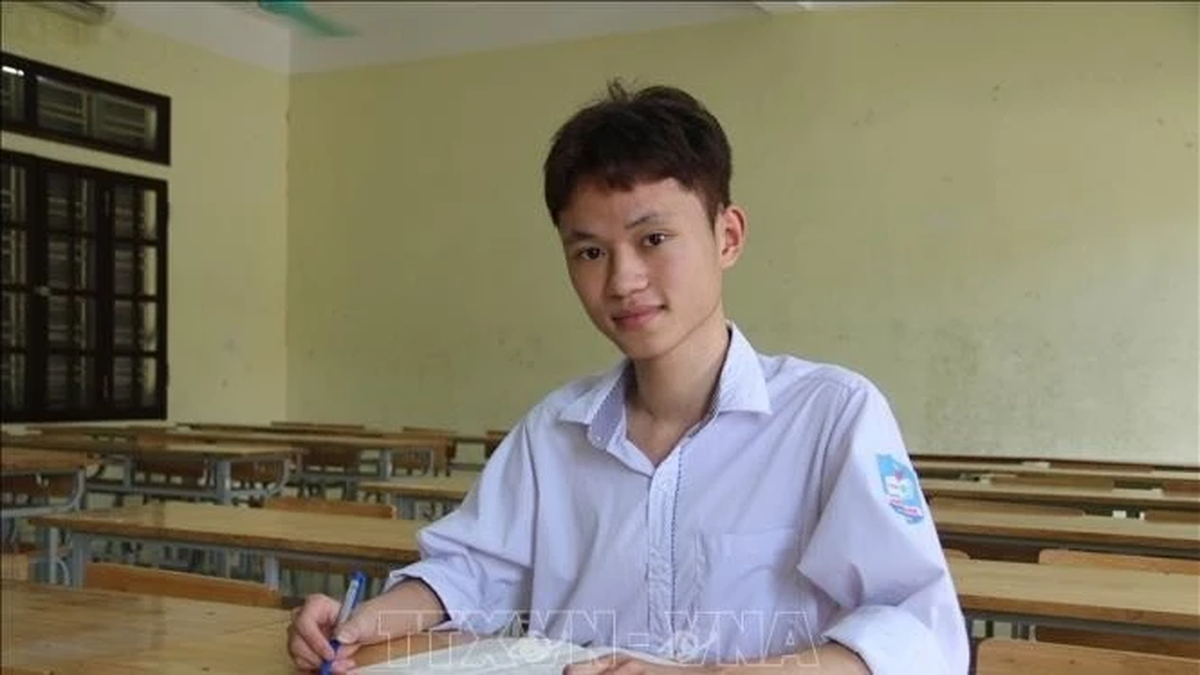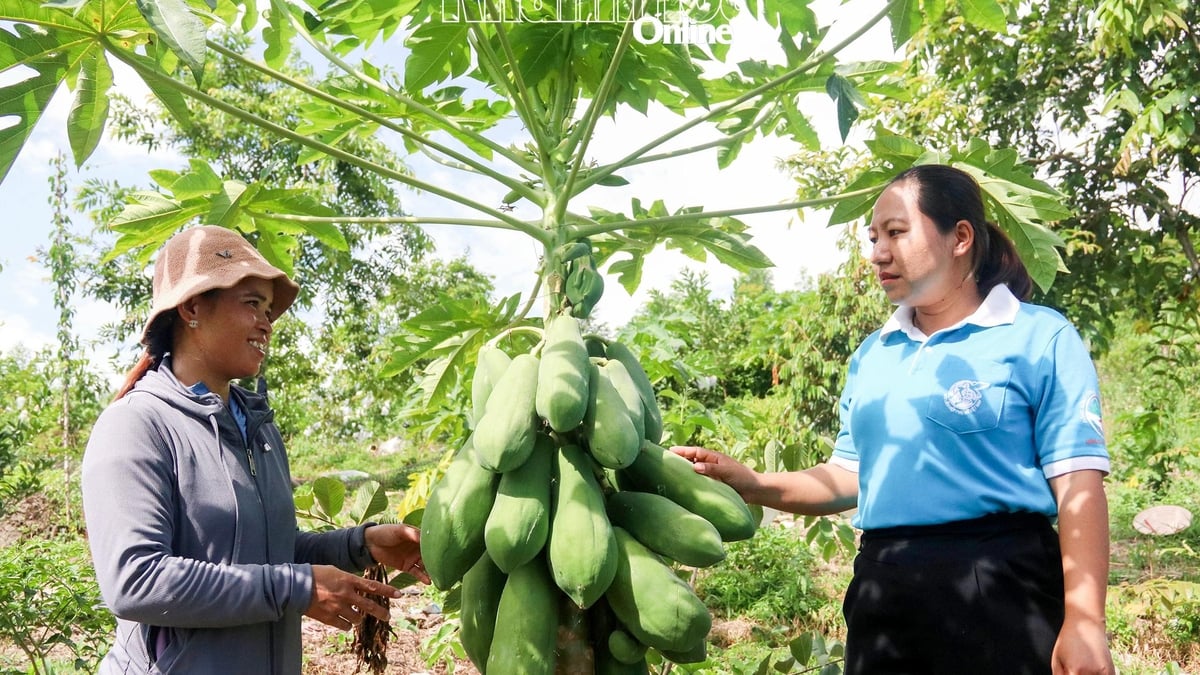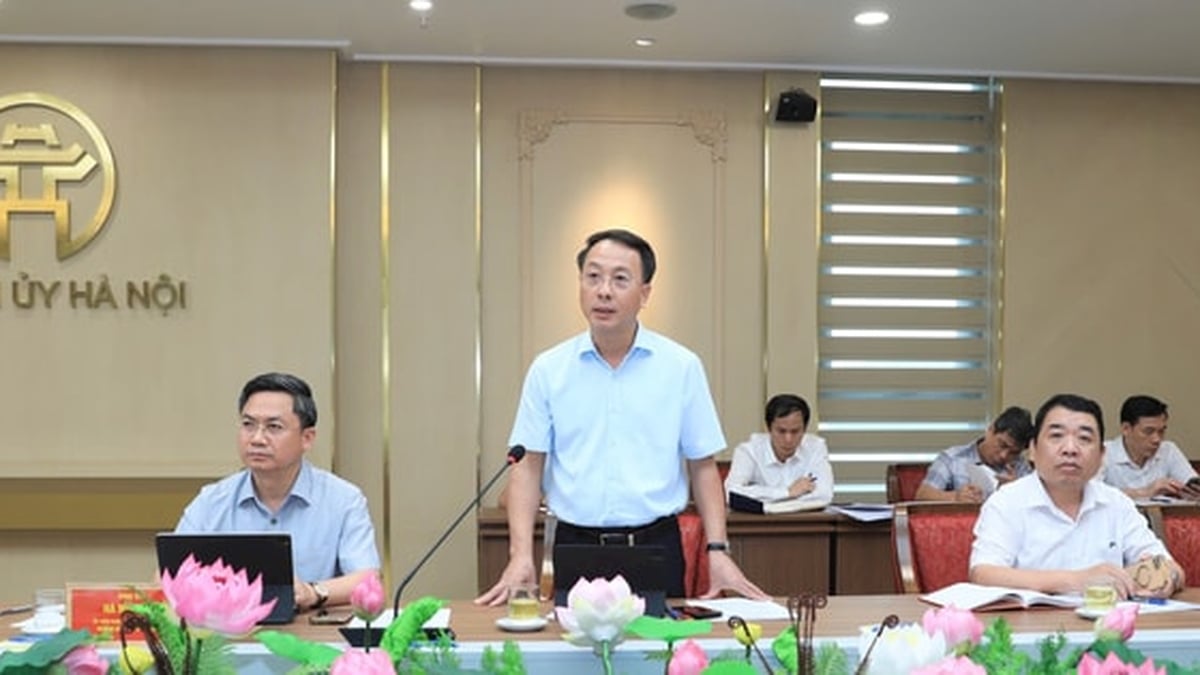The Ministry of Public Security has just reported on receiving and explaining the opinions of National Assembly deputies at the group discussion session on the draft law amending and supplementing a number of articles of the Penal Code, including a proposal to abolish the death penalty for 8 crimes including embezzlement, bribery, drug trafficking and manufacturing and trading in fake drugs...
Minister Luong Tam Quang reports at the National Assembly
PHOTO: GIA HAN
In response to many opinions suggesting to retain the death penalty for the crimes of embezzlement and bribery, the Ministry of Public Security said that most countries in the world do not prescribe the death penalty or are tending to abolish the death penalty.
Many countries have asked Vietnam to commit to not applying the death penalty or to pronounce but not execute the death penalty in corruption and official-level cases. Vietnam has not committed, so when requesting mutual legal assistance related to the death penalty, countries have almost no response.
According to the Ministry of Public Security, these crimes are not "crimes", do not violate human life, do not directly violate national security, and do not require taking lives.
The Ministry of Public Security said that this is also a general trend in the world. Currently, most countries do not apply the death penalty for crimes that are not "crimes".
The Ministry of Public Security also believes that not applying the death penalty and replacing it with life imprisonment without parole still maintains deterrence because this is an especially severe punishment, permanently depriving a person of freedom. At the same time, the draft law stipulates that if a convicted person returns at least three-quarters of the amount of damage caused, his sentence can be reduced to life imprisonment, ensuring the purpose of recovering the damaged property.
Producing fake drugs is not as dangerous as murder
Regarding the abolition of the death penalty for the crime of manufacturing and trading in counterfeit medicines and disease prevention drugs, many National Assembly deputies also proposed to retain the death penalty because of its high level of danger, causing harm to the lives and health of the entire community, and being an inhumane act that needs to be severely punished.
Explaining this issue, the Ministry of Public Security said that in the project related to the death penalty submitted by the Supreme People's Procuracy, the Politburo basically agreed to narrow the death penalty, including studying the abolition of this penalty for the crime of producing and trading in fake drugs.
Trial practice shows that counterfeit drugs are mainly fake labels, poor quality, have no therapeutic effect... it is very difficult to determine whether they cause death or not to apply the death penalty. In fact, there has not been a case of a death sentence for this crime.
Besides, in terms of social danger, this behavior is not as dangerous to society as murder or terrorism.
If a person uses poison to produce counterfeit drugs to kill someone, he will be charged with murder. Therefore, the death penalty for this crime can be considered.
Most drug traffickers are ethnic minorities and disadvantaged.
Regarding the crime of illegal drug trafficking, many opinions also proposed to retain the death penalty. The Ministry of Public Security said that this is the crime with the second highest rate of applying the death penalty among all crimes. However, compared to the crime of illegal drug trafficking and the crime of illegal drug production (crimes that still retain the death penalty), the crime of illegal drug trafficking is intermediate in nature and less dangerous than the acts of buying, selling and producing.
According to the Ministry of Public Security, most of the people illegally transporting drugs are ethnic minorities, in difficult circumstances, have low legal knowledge, are first-time offenders, are enticed and enticed but are not the masterminds or leaders, and benefit little.
Therefore, replacing the death penalty with life imprisonment without parole for this crime still ensures deterrence, prevention and isolation of criminals from society.
In addition, many countries have also requested Vietnam to commit to not applying the death penalty or to pronounce but not execute the death penalty in drug cases. Vietnam has not committed, so when there is a request for judicial assistance related to the death penalty, almost no countries respond.
Thanhnien.vn
source: https://thanhnien.vn/khong-ap-dung-hinh-phat-tu-hinh-doi-voi-cac-toi-khong-phai-la-toi-ac-18525052708531259.htm





















































![[Maritime News] More than 80% of global container shipping capacity is in the hands of MSC and major shipping alliances](https://vphoto.vietnam.vn/thumb/402x226/vietnam/resource/IMAGE/2025/7/16/6b4d586c984b4cbf8c5680352b9eaeb0)













































Comment (0)